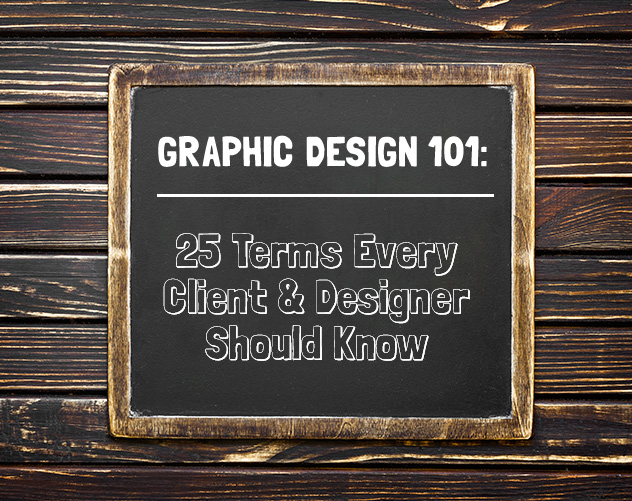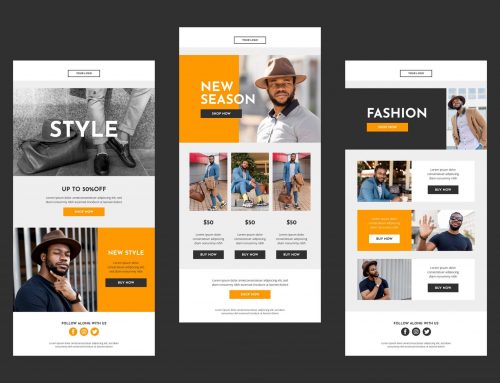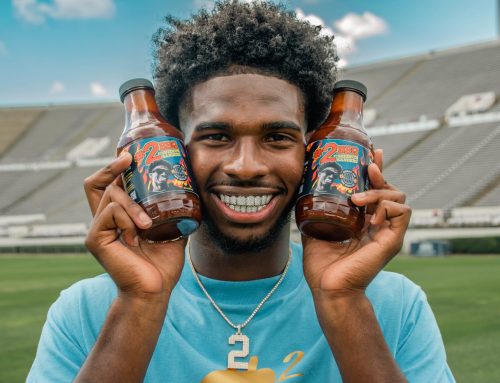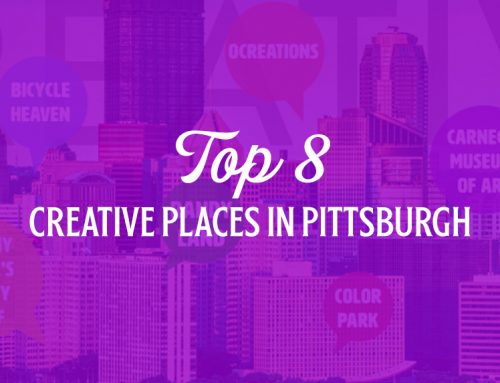25 GRAPHIC DESIGN TERMS EVERY CLIENT & DESIGNER SHOULD KNOW
Interested in becoming a designer? Working with a designer but want to be more knowledgeable about the industry? Below is a list of language used by graphic designers in their daily lives. Aspiring designers and clients alike – familiarizing yourself with these terms will amplify your credibility in the industry, and make it easier to talk design lingo with other designers.
- Vector Graphic: A graphic (shape or line) that has infinite scalability
- Pantone (PMS): Type of coloring system, generally used for print designs
- Hierarchy: A sense of ranking/order to text elements in a design
- Opacity: Amount of transparency an image or graphic has
- Kerning: Adjusting the space between pairs of letters
- Tracking: Not to be confused with kerning, refers to a uniform adjustment to the spacing of a word or paragraph, usually affecting the density and texture
- Leading: Adjusting the space between lines of type
- Bleed: Design that goes beyond the border of the pages so there is no margin
- Trim: Crop marks that show where your printed piece will be cut down to its correct size, usually shown when there is a bleed that goes outside the trim area
- CMYK: Color mode used for print designs, and is an acronym for the four main colors used when printing – cyan, magenta, yellow, and key (black)
- RGB: Color mode used for digital/web designs, and is an acronym for the three colors that get mixed together in different amounts – red, green, and blue
- Saturation: Intensity of color (no saturation would be grayscale)
- Mock-Up: A realistic representation of the final design (either scale or full-size)
- Lorem Ipsum: A type of filler/placeholder text, written in Latin, and used when designs are being created, but final copy is not yet available to the designer
- Serif: A font with small lines attached to the end of letters; ie Times New Roman font
- Sans Serif: A font without serifs; ie Arial font
- Embossing: Adding texture to text or an object to make it appear as if it is raised, or three-dimensional
- DPI / PPI: Refers to dots per inch, or pixels per inch; these describe the resolution of an image
- Hard Return: Begins a new paragraph
- Soft Return: Drops text down to the next line, but remains within the existing paragraph
- Moodboard: A collection/collage/presentation of visual inspiration/references for a project
- Widows: Paragraph-ending lines that fall at the start of the following page or column
- Orphans: A single word sitting by itself on its own line at the end of a paragraph
- Gradient: Gradual blending of colors or shades from the same hue
- Padding: The space between a border and the object inside of it







